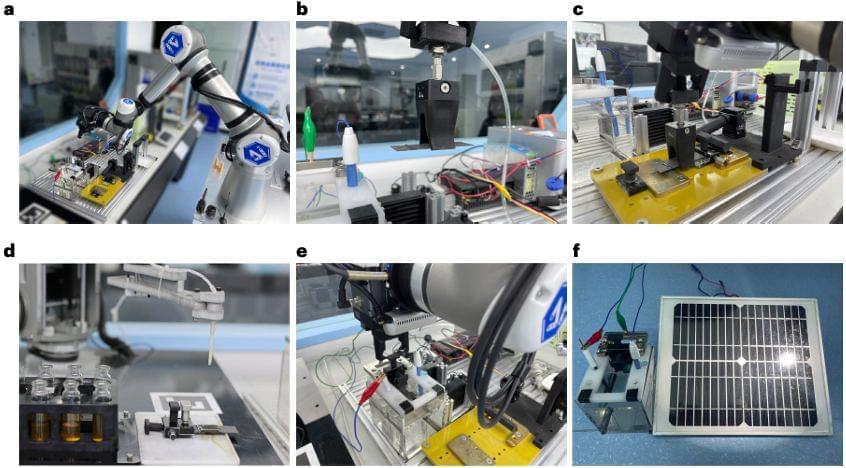Breaking oxygen out of a water molecule is a relatively simple process, at least chemically. Even so, it does require components, one of the most important of which is a catalyst. Catalysts enable reactions and are linearly scalable, so if you want more reactions quickly, you need a bigger catalyst. In space exploration, bigger means heavier, which translates into more expensive. So, when humanity is looking for a catalyst to split water into oxygen and hydrogen on Mars, creating one from local Martian materials would be worthwhile. That is precisely what a team from Hefei, China, did by using what they called an “AI Chemist.”
Unfortunately, the name “AIChemist” didn’t stick, though that joke might vary depending on the font you read it in. Whatever its name, the team’s work was some serious science. It specifically applied machine learning algorithms that have become all the rage lately to selecting an effective catalyst for an “oxygen evolution reaction” by utilizing materials native to Mars.
To say it only chose the catalyst isn’t giving the system the full credit it’s due, though. It accomplished a series of steps, including developing a catalyst formula, pretreating the ore to create the catalyst, synthesizing it, and testing it once it was complete. The authors estimate that the automated process saved over 2,000 years of human labor by completing all of these tasks and point to the exceptional results of the testing to prove it.









Leave a reply